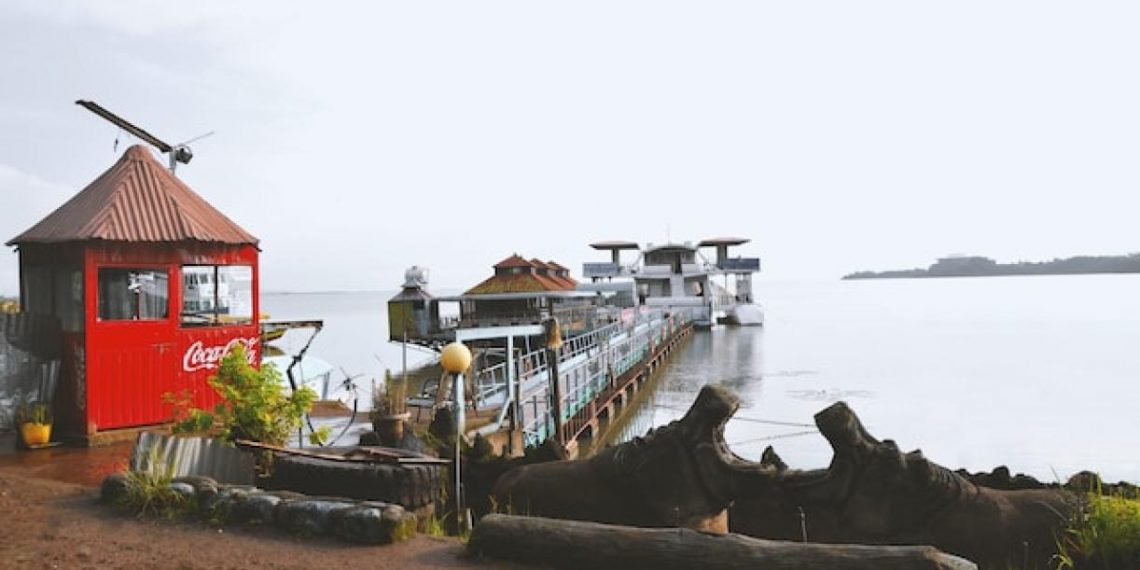WRI has joined the Millennium Water Alliance (the Alliance), a global network of leading humanitarian, research and business organizations working collectively to increase water resilience and sanitation access. The Alliance offers sustainable solutions, shared knowledge, collaborative programming, and advocates for greater water and sanitation commitments by governments and the private sector.
The work of the Alliance aligns with cross-cutting water goals in WRI’s institutional strategy, including reducing water stress and insecurity, protecting freshwater ecosystems, promoting sustainable watershed management and improving climate resilience. The Alliance increases its global impact by working with a diverse group of businesses, research institutions and nonprofits and NGOs.
“WRI is excited to join the Millennium Water Alliance,” said Charlie Iceland, Director of Water Security at World Resources Institute. “We look forward to engaging with WASH (water, sanitation and hygiene) organizations and bringing new perspectives on water governance and water service delivery, including how environmental health, freshwater conservation and climate adaptation are critical for securing the flow of water to people and communities. Joining the Alliance will enable WRI to expand our collaboration across these themes and new geographies.”
For the past several years, WRI has partnered with the Alliance and a number of its members to advance data-driven water planning and integrated water resources management in Ethiopia. This project, funded by the Conrad N. Hilton Foundation, highlights the importance of linking water resources management (WRM) and watershed conservation with water service delivery. WRI sought the Alliance’s collaboration in this project due to its expertise in WASH, years of experience working in the region and its excellent network of partners. Joining the Alliance will strengthen this partnership and enable WRI to advance similar work in other regions, leveraging the strengths of many organizations.
Through its work, WRI promotes a more integrated approach to water management and water service delivery by assessing the local water budget, planning for climate change, protecting the environment and enhancing collaboration and planning between different water-using sectors. Water supply systems must consider underlying drivers of water risk; balance water demand and supply; and protect landscapes, ecosystems and freshwater sources that underlie water provision. WRM that provides sufficient, safe access may require a mix of strategies from integrated water governance to sustainable urban development, nature-based solutions and climate adaptation.



